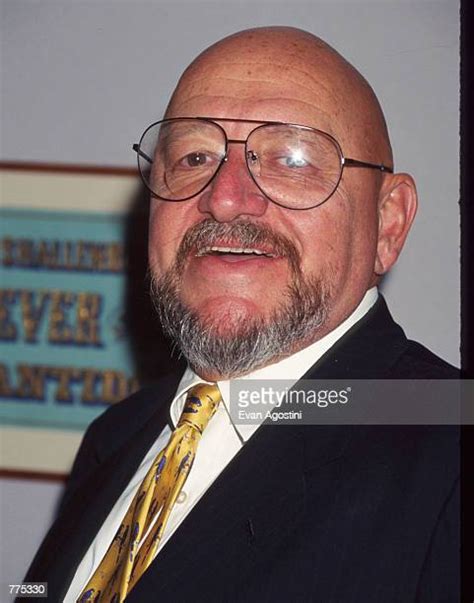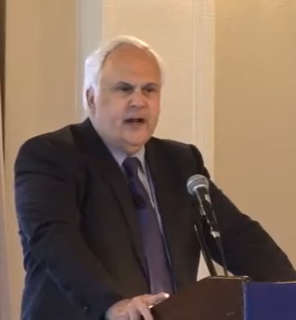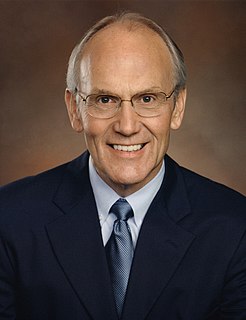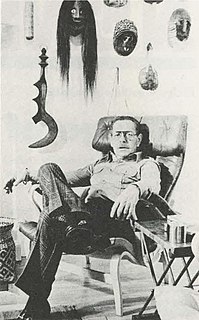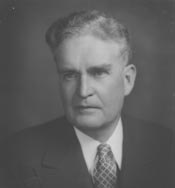A Quote by Andrew Hacker
Advertising has always been the Peck's Bad Boy of American business urging us to buy things we probably don't need and often can't afford.
Related Quotes
The schedules are crammed with shows urging us to travel further, drive faster, build bigger, buy more, yet none of them are deemed to offend the rules, which really means that they don't offend the interests of business or the pampered sensibilities of the Aga class. The media, driven by fear and advertising, are hopelessly biased towards the consumer economy and against the biosphere.
Advertising is the best insurance that you can take out on your business. You can buy fire insurance on your stock of goods, but no company will issue a policy covering your business, the good will as they sometimes call it. You must insure yourself, and the best way to do it is by advertising. Good advertising kept up for a number of years gives you something that no fire can take away.
The faults of advertising are only those common to all human institutions. If advertising speaks to a thousand in order to influence one, so does the church. And if it encourages people to live beyond their means, so does matrimony. Good times, bad times, there will always be advertising. In good times, people want to advertise; in bad times they have to.









